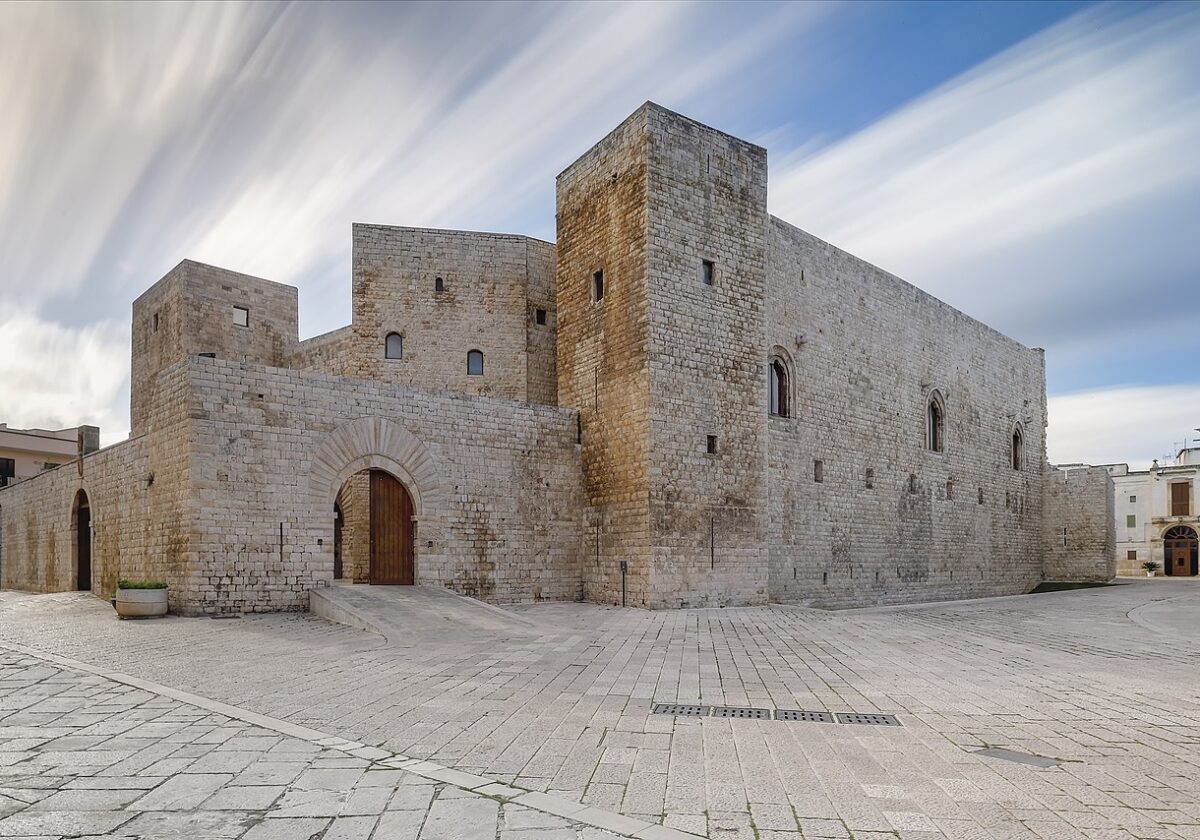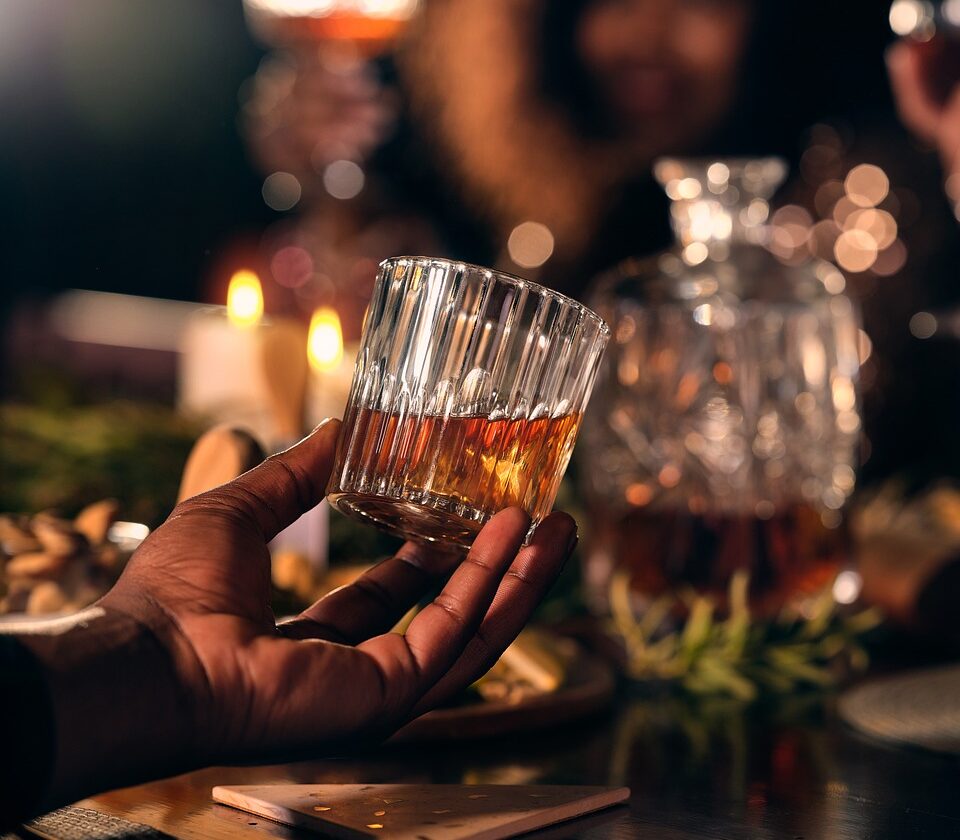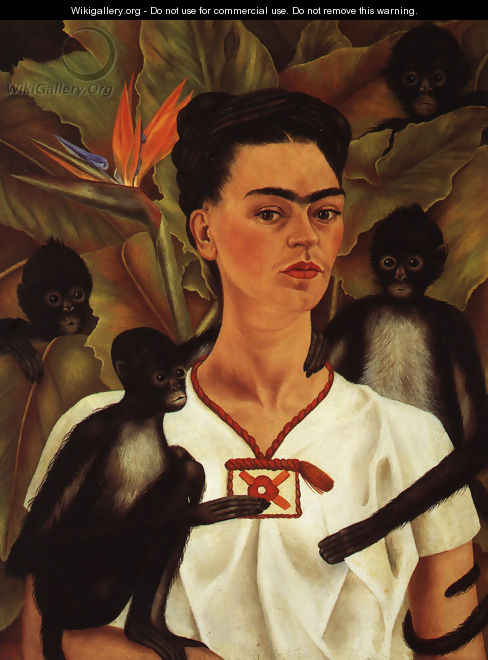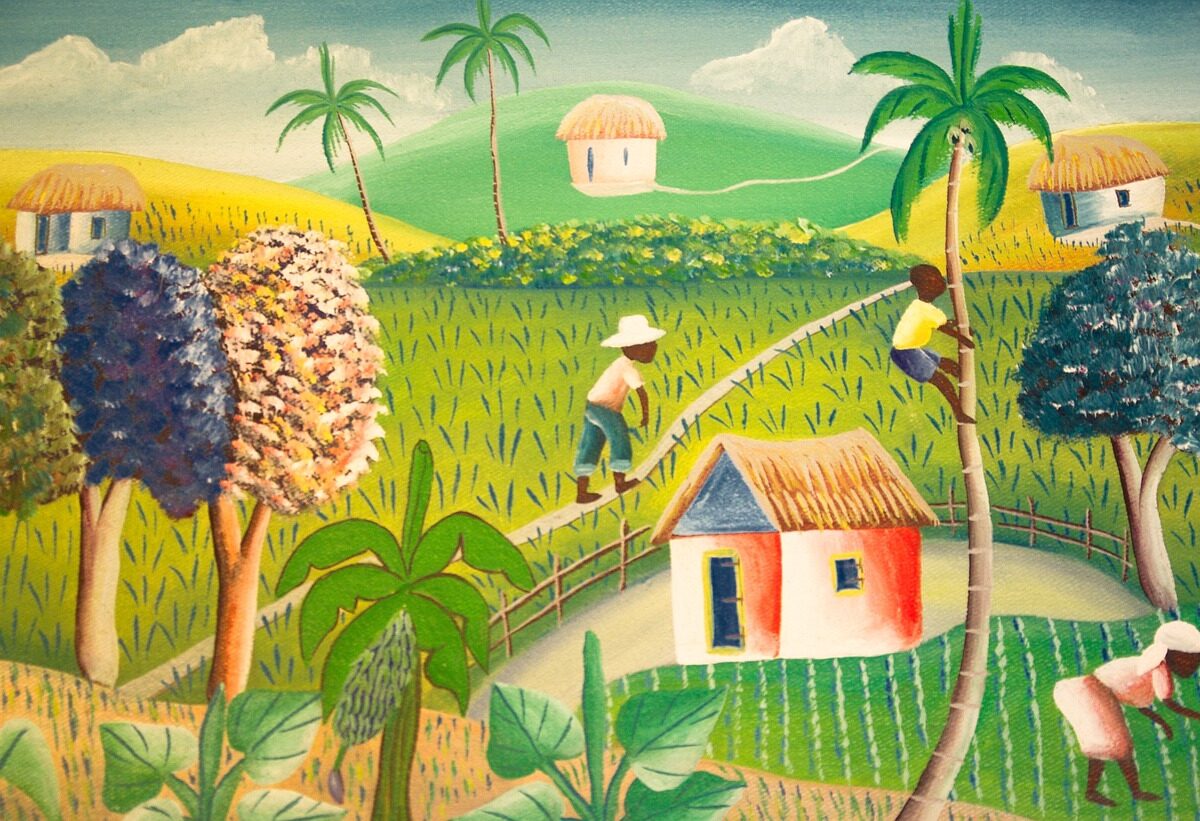Interesting article, reprinted for Top Tech News, July 20, 2006.
By Walaika K. Haskins
“This idea of expressing yourself creatively is really just about being an exhibitionist in some way,” said Daren Siddall, an analyst at Gartner. “They want to tell people who they are, what their interests are and who their friends are. That’s what the majority of blogging is about, especially among young people.”
After just a few years on the Internet landscape blogs have become an influential force in the technology industry and even politics. Scads of people read the online diaries, but, what do we really know about bloggers? The Pew Internet & American Life Project released a survey on Wednesday that has the answers.
Cyberspace is riddled with some 12 million blogs with a readership numbering roughly 57 million people, the researchers revealed in the “Bloggers: A Portrait of the Internet’s New Storytellers” report. Bloggers themselves tend to be young and racially diverse, unpublished and accustomed to using the Web to catalogue their personal successes and travails.
“Blogs are as individual as the people who keep them, but this survey shows that most bloggers are primarily interested n creative, personal expression,” said Amanda Lenhart, senior research specialist at The Pew Internet & American Life Project
The survey is based on in-depth interviews of 233 bloggers conducted between July 2005 and February 2006. Additional data was gathered from November 2005 to April 2006 in telephone surveys of 7,012 adults (including 4,753 Internet users).
Who’s Blogging
Equal numbers of men and women blog, but 54 percent of blogs are written by the under thirty set, the survey found. Unlike the general Internet population, bloggers are less likely to be white. While 74 percent of Internet users are white, only 60 percent of bloggers are white. Conversely, though 11 percent and 9 percent of English-speaking Hispanics and African-Americans, respectively, surf the ‘Net, 19 percent of bloggers are English-speaking Latinos and 11 percent are of African heritage.
“Blogs have given those who perhaps don’t feel that their issues, thoughts or opinions are addressed in the mainstream media, an outlet to express themselves in some way,” said Daren Siddall, an analyst at Gartner research.
About half of bloggers, 51 percent, live in the suburbs. Another 36 percent live in urban areas and only 13 percent live in rural areas.
The vast majority, 84 percent, of bloggers said they go online every day. Ninty-five percent get their news online, with about half turning to other blogs as their news source. And they spend an average of five hours updating their blog each week.
What They Blog
The media tends to focus on a small subset of well-known “A-list” sites that receive a high volume of visitors. These blogs tend to focus on politics or other hot button topics such as technology. For these bloggers, a blog is more than just a hobby, it is a job.
However, according to the survey, the majority of bloggers, 76 percent, said the reason they have a blog is to record their personal experiences and share them with others, and 64 percent reported that they wanted to share their knowledge and skills with others.
Most bloggers said the write about a myriad of different topics, but about 37 percent focus on “my life and experiences”, with only 11 percent of bloggers said they concentrate on politics and the government, and 4 percent blog about technology. A scant 7 percent of respondents focus on entertainment and 6 percent use their blog to discuss sports. And, just 34 percent of bloggers look at blogging as a form of journalism.
Looking at the level of participation overall in U.S. elections, it is not surprising that few bloggers focus on politics, Siddall pointed out. Although people have political views, it is not the principle motivation in most people’s lives. And, they probably do not want to spend their personal time creating political content. There will be other things that drive them to blog.
“This idea of expressing yourself creatively is really just about being an exhibitionist in some way,” he said. “They want to tell people who they are, what their interests are and who their friends are. That’s what the majority of blogging is about, especially among young people.
Blogging has changed the way people use the Internet, Siddall said. “It has had an impact and will continue to.” According to the survey, 62 percent of bloggers said they did not have a personal Web site before launching their blog. That is a telling statistic that indicates that blogging has changed how people use the Internet, Slidell explained. The Internet is much more interactive for them now.
Bloggers get involved in content, Siddall said, pointing to survey findings that 44 percent of bloggers have taken online content, such as songs, text or images, and remixed it to reflect their own artistic vision. A whopping 77 percent, researchers said, have shared the results of their creativity online, including artwork, photos, stories and videos. Only 26 percent of average Internet users have done something similar.
“The fact that they post photos and videos or take content from other sources and mash it up to create something new,” Siddall said. “It’s much more of a creative outlet for people and that’s a big change in the way people used the Web.”
“It is also a publishing tool where people can go and create their own little world in which they can show all the content they like, photos, videos, podcasts and anything they like,” Siddall continued. “They can spread the word about what they’re up to their friends and family and the entire Web. So clearly it has evolved that type of keeping in contact with friends and family. It has evolved beyond the simple e-mail to a publishing type of environment.”






شركة تنظيف مسابح جنوب الرياض
شركة صيانة مسابح بالرياض
شركة صيانة مسابح شرق الرياض
شركة صيانة مسابح شمال الرياض
شركة صيانة مسابح غرب الرياض
شركة صيانة مسابح جنوب الرياض
شركة مكافحة النمل الابيض جنوب الرياض
شركة مكافحة النمل الابيض شمال الرياض
شركة مكافحة النمل الابيض وسط الرياض
شركة مكافحة النمل الابيض غرب الرياض
شركة مكافحة النمل الابيض شرق الرياض
شركة مكافحة النمل الابيض بالمدينة المنورة